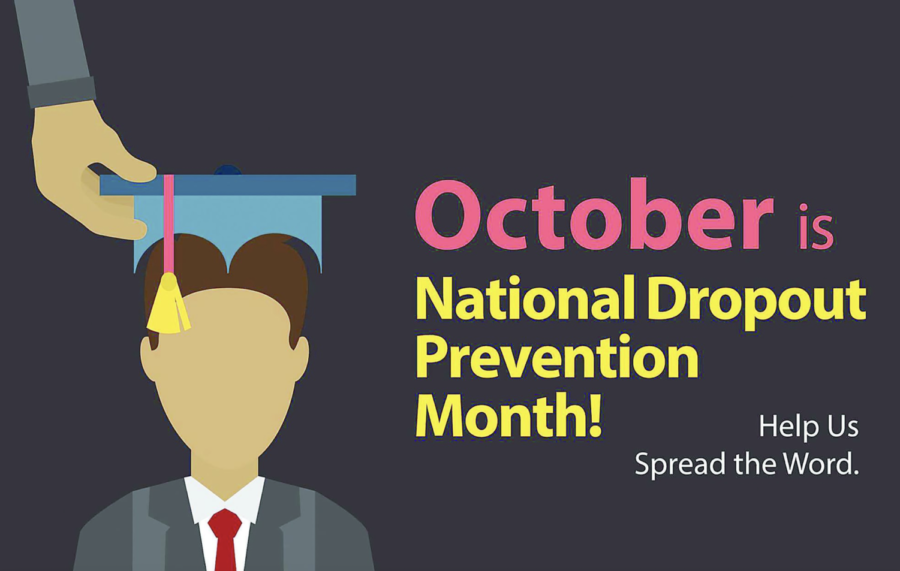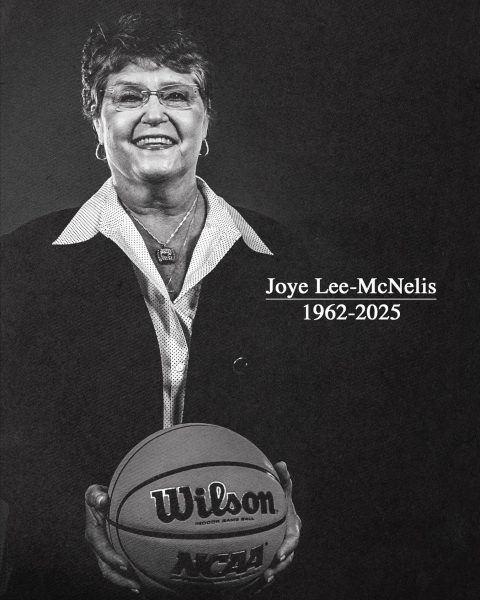National Dropout Prevention Month
The month of October is recognized as National Dropout Prevention Month for both high school students and college students.
The statistics surrounding drop-out students are astonishing. According to schoolchoicefacts.org, every 60 seconds a child drops out of public school in America, and in many of our nation’s largest cities dropout rates exceed 50 percent. In 2021, 31.6% of students who enrolled in 2015 were no longer enrolled six years later nor have they received their degree. On average, 32.9% of students do not complete their degree program.
There are numerous reasons why a student may drop out of college. The biggest issue is financial concerns. Almost 89% of students from the first generation in low-earning families tend to drop out of college according to personaccelerated.com. The higher the education, the higher the expenses are. Another reason is simply not having time. Students on a college level tend to have poor time management skills and struggle with balancing both the load of schoolwork as well as their home lives. Many students have jobs as well as family obligations that they are responsible for. Other reasons include but are not limited to, being unprepared for academic demands, lack of discipline and lack of support.
“Most students that drop out of school do not have their priorities in line. I don’t think that is their fault. I think that teachers, guidance counselors, coaches or any kind of mentor needs to pay attention to the warning signs and help the student through whatever it is that is causing them to want to drop out of school,” said Megan Bucher, a staff member at the Light House Rescue Mission. “If I had to go back and do it over again, I would not have dropped out. I was not thinking about my future. I was thinking about the right here, right now.”
How can we minimize the drop-out statistics? According to collegestats.org, there are multiple solutions. Being that college is so expensive, have a solid finical plan. Apply for as many schools as possible. There are grants that can be applied for such as, FASFA which is a federal grant that does not have to be paid back. Many students consider attending a community college to begin with. Students also are mindful of their personal life when making their class schedule. There are multiple resources available to students on campus such as personal tutors, guidance counselors or advisors as well as the university’s professors. Students struggle with balancing their personal life and their college life.
“It’s important to set boundaries for yourself so that you can have fun responsibly without losing it. Remember that balance is key! Setting a schedule is a great place to start,” said collegestats.org website. “It will give you a sense of structure to each day, and you’ll be more likely to not only get your schoolwork taken care of, but also remember to eat during mealtimes, go to the gym regularly, and make it to work on time. Sometimes life in college can get hectic, so having even a rough schedule to follow can make a big difference!”
College degrees lead to increased career success. There is more of a higher earning potential as well as a greater job stability. Ultimately, life happens sometimes and unexpectedly circumstances arise. There are measures that can be taken before deciding to drop out.
The University of Southern Mississippi has several different resources that are available to students that include but are not limited to the Center for Student Success as well as the advisement center.
“Please go talk to someone. We have a dedicated team at USM,” said Julie Reid, the Associate Vice Provost for Student Success. “These are all there to be resources to students and to help them navigate the college experience which can be rather difficult especially for students who are first years or don’t have many others supporting them in their lives.”
“Before you decide to drop out, consider talking to your professors and college counselor. Many times, they are willing to help you find a solution so that you can take some time off without sacrificing all your hard work and academic progress,” according to collegestats.org website.
Your donation will support the student journalists of University of Southern Mississipi. Your contribution will allow us to purchase equipment and cover our annual website hosting costs.








































